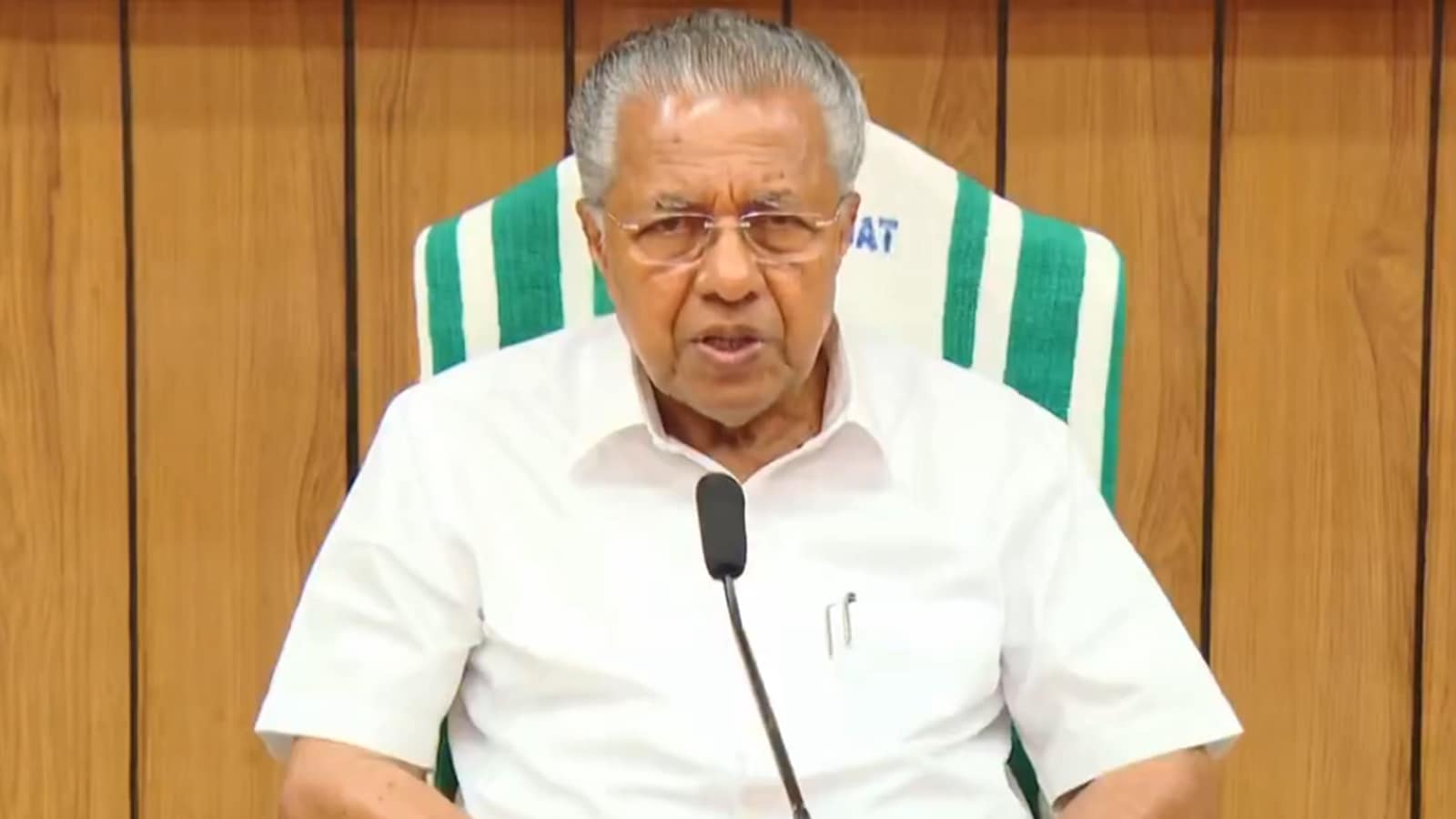 |
|
The Kerala Legislative Assembly has unanimously passed a resolution condemning the University Grants Commission's (UGC) draft regulations concerning the appointment of vice-chancellors (VCs) in higher education institutions across the state. The resolution, spearheaded by Chief Minister Pinarayi Vijayan, argues that the UGC's proposed changes undermine the principles of federalism enshrined in the Indian Constitution and represent a concerted effort to advance a communal agenda within the academic sphere. The core contention is that the new regulations significantly expand the powers of state Governors in the appointment process, effectively marginalizing the role of state governments which, the resolution argues, are the primary financial contributors to the functioning of these institutions. This perceived power grab, coupled with the inclusion of industry experts and public sector veterans in the selection pool beyond traditional academicians, has sparked widespread condemnation, framing the changes as a systematic attempt to commercialize higher education and introduce potentially biased political influences into the selection of university leadership.
The resolution, moved under Rule 118 of the Procedure and Conduct of Business, highlights the fact that state governments bear the brunt of financial responsibility for university operations – approximately 80% according to the Assembly’s assertion. The resolution explicitly states that the central government’s approach, as embodied in the UGC draft, systematically excludes state governments from the appointment of VCs, including that of the most crucial role, the VC. This, the resolution maintains, is fundamentally undemocratic and necessitates immediate correction. While the Opposition, Congress-led, initially demanded this resolution, the unanimous passage signifies a rare bipartisan consensus against the UGC regulations. Although some amendments were proposed by the Opposition, the resolution ultimately passed without incorporating these suggestions. This reflects the intensity of feeling surrounding the issue and the perceived threat to the autonomy of Kerala's higher education system.
The controversy extends beyond Kerala. Several other opposition-ruled states have expressed similar concerns, echoing Kerala's claims that the draft regulations are part of a larger agenda orchestrated by the Sangh Parivar, a network of Hindu nationalist organizations. The resolution specifically alleges that the changes are designed to bring higher education under the influence of those who promote religious and communal ideologies. The argument centers on the belief that the UGC's reforms constitute a deliberate attempt to wrest control of higher education institutions from state governments, undermining their autonomy and potentially compromising the integrity of the academic environment. The implications, the resolution suggests, go beyond administrative control and extend to a potentially wider erosion of secular values within Indian universities. This contention links the debate to larger political and ideological battles playing out in Indian society, casting the UGC's proposal as a significant escalation in this ongoing conflict.
The passing of the resolution marks a significant escalation in the conflict between the state government and the central government concerning control over higher education. Kerala’s position, articulated forcefully in the resolution, is a direct challenge to the authority of the UGC and the central government’s perceived encroachment on the powers of state governments. The argument presented rests heavily on the constitutional principle of federalism and the financial contributions of state governments to universities. The resolution’s strong language and unanimous passage signify a deep-seated concern about the potential for the draft regulations to destabilize Kerala’s higher education system and to compromise academic independence. The success of this challenge will likely depend on the central government’s response and the broader political context within which this dispute is unfolding. The implications extend beyond Kerala's universities; the conflict raises questions about the balance of power between the central and state governments in the administration and funding of higher education across India.
